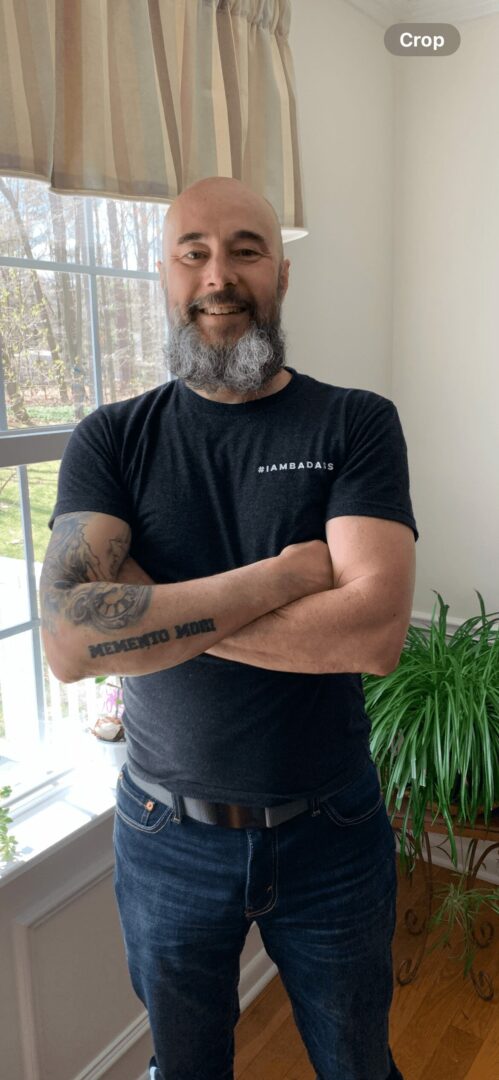We recently connected with Jeff Grogan and have shared our conversation below.
Jeff , we’re thrilled to have you sharing your thoughts and lessons with our community. So, for folks who are at a stage in their life or career where they are trying to be more resilient, can you share where you get your resilience from?
Resilience is often thought of as something you either have or you don’t. But I believe resilience is part art, part science, and most importantly it’s a skill that can be learned and strengthened over time. My own journey has been shaped by resilience, not because I was born with it, but because life demanded it of me.
I grew up in a home where resilience wasn’t just encouraged, it was a necessity. My mother, a single mom who worked three jobs to support my sister and me, modeled perseverance every single day. We moved frequently, sometimes across state lines, and between elementary and middle school, I switched schools four times. Each move meant starting over. New friends, new teachers, new routines. There was no time to sit back and wait for things to get easier. I had to adapt, again and again.
My mother was my first and greatest teacher in resilience. She showed me that no matter how many times life knocked you down, you stood back up and twice as strong.
Hard work was non-negotiable in our household. At twelve years old, I got my first job sweeping parking lots. I remember the day my mom came home with what she called “good news.” My 12-year-old brain thought she had bought a new color TV, but instead, she smiled and said, “I got you a job! You start tomorrow!” That was her way of teaching me independence, responsibility, and the value of earning what you want in life.
The lessons of resilience didn’t stop there. At sixteen, my friends and I decided we wanted to go to Miami Beach for February break. I needed money for the trip, so I asked for cash for Christmas. Instead, under the tree was a bright red snow shovel with a note that read, “$$$ For Christmas”. My mother’s message was clear, if I wanted the trip, I had to earn it.
I shoveled driveways, delivered newspapers, and expanded my parking lot job into multiple locations. I didn’t just earn the money, I earned an understanding of what it meant to work for something. That mindset would serve me for decades to come.
The fight for my life was using the lessons of resilience in the face of cancer.
Fast forward to 2018, and I was faced with a different kind of challenge. Stage 4 prostate cancer. The words alone carried a weight that could have crushed me, but something inside me clicked. That same voice that pushed me through childhood adversity whispered, “You’re greater than this diagnosis.”
Those lessons from my childhood of hard work, persistence, adaptability all came rushing back. I had learned that resilience isn’t about avoiding hardship; it’s about meeting it head on.
I refused to “become” my diagnosis.
Instead of surrendering to the fatigue, the fear, or the odds stacked against me, I took control in the ways I could. I leaned into mindset practices using skills like resilience (amongst other mindset skills), nutrition, movement, and journaling. Six months after my diagnosis, I picked up my first kettlebell. I had zero experience lifting weights, but I committed to the process, even while undergoing treatment. Despite being on Lupron, a medication that suppresses testosterone (which fuels prostate cancer), I built strength instead of losing it.
This was not just about physical strength; it was about mental strength. Each workout reminded me that I was still capable, powerful, and in control of my own life.
Building a business is much like building a life.
Resilience isn’t just about overcoming hardship, it’s about creating something stronger from the struggle. That’s why I’ve built my career around mentoring teens and young adults.
For nearly 30 years, I worked in psychiatric therapeutic settings, helping people at their most vulnerable. Today, I run Saratoga Youth Mentor, where I coach teens and young adults in emotional intelligence, decision making, and self confidence. I teach mindset as a skill, the same way I’ve built my own.
Because life is a series of wins and losses.
You will fail. You will fall.
But the real question is, will you rise?
And how will you rise?
For me, resilience is not about bouncing back, it’s about bouncing forward. It’s about taking every challenge from childhood struggles to a life threatening diagnosis, and turning them into fuel for growth, and it is something I try to impart to my two young daughters today (they are 8 and 10).
My message to those reading this is that resilience can be learned. It is an art, and a skill that can be learned.
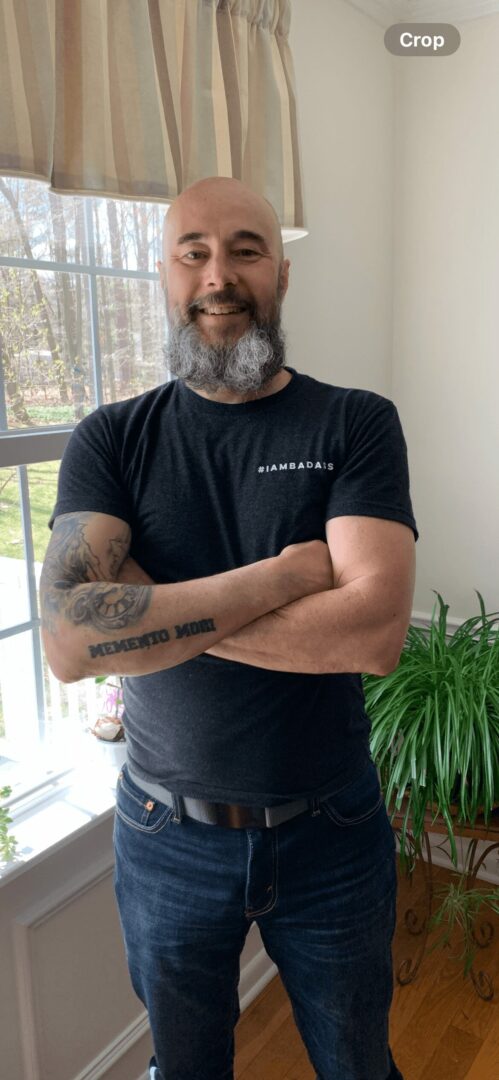
Thanks for sharing that. So, before we get any further into our conversation, can you tell our readers a bit about yourself and what you’re working on?
I am mentoring the next generation. I am excited to be a part of a mission for self growth, self discovery and building resilience and confidence in the next generation.
For nearly 30 years, I worked in psychiatric therapeutic settings, witnessing firsthand the struggles that teens and young adults face like anxiety, self-doubt, depression, lack of direction, and the overwhelming pressure to succeed. I saw how many young people felt lost, unsure of how to navigate their emotions, relationships, and life choices.
I also saw the gap in traditional mental health care. A gap that left many adolescents feeling like their only options were therapy or medication. While those are valid paths for some, many young people need something different such as a mentor, a guide, a skill-based approach to navigating life’s challenges.
That’s why I founded Saratoga Youth Mentor to bridge that gap.
I work one-on-one with teens and young adults, guiding them in building:
Emotional Intelligence – Helping them understand and manage their emotions so they can build confidence and resilience.
Decision-Making Skills – Teaching them how to make thoughtful, responsible choices that align with their values and goals.
Mindset Development – Showing them how to break free from limiting beliefs and take control of their own narrative.
I also work with parents and educators, helping them better understand how to support young people in developing these skills without enabling or micromanaging them. The goal? To create a generation that is self-reliant, emotionally strong, and equipped to handle whatever life throws at them, much like I learned.
What Makes My Work Special? I don’t just teach these skills, I live them.
I’ve navigated my own battles with anxiety and self-doubt.
I’ve overcome a stage 4 cancer diagnosis using the same mindset and resilience strategies I now teach others.
I’ve built my business from the ground up, using persistence, adaptability, and a belief in the power of small, consistent actions.
What makes my work unique is that I don’t approach mindset development as a vague, feel-good concept. I teach it as a skill, just like learning a sport or a musical instrument. It requires practice, patience, and the right tools.
What’s New & Exciting:
My Weekly BeeHiiv Newsletter – I recently launched a Sunday reflection newsletter to provide parents, teens, and young adults with deeper insights, strategies, and practical advice on mindset, emotional intelligence, and resilience. Unlike my daily Facebook posts, this newsletter offers a more in-depth exploration of the challenges young people face today and how we, as parents and mentors, can help them navigate those challenges.
Workshops & Speaking Engagements – I’ve been expanding into presentations for schools, educators, and parents, helping them develop emotional intelligence strategies that can be applied in the classroom and at home.
1:1 & Group Coaching – I continue to offer private coaching sessions tailored to the individual needs of teens, young adults, and their families. I also offer skills-based coaching for healthcare professionals and educators who work with young people.
Final thoughts:
This work isn’t just my profession, it’s my purpose. I’ve built a life around helping young people recognize their strength, overcome their struggles, and step into their potential.
I truly believe that mindset is the key to unlocking confidence, direction, and resilience. And I’m committed to helping as many young people and families as possible learn how to cultivate that mindset.
If you’re a parent of a teen or emerging adult, or someone who works with young people, and you’re looking for a different approach to mental well-being, let’s connect.
My email is: SaratogaYouthMentor@gmail.com;
Newsletter link: https://jeffs-newsletter-206172.beehiiv.com/subscribe
SaratogaYouthMentor.com
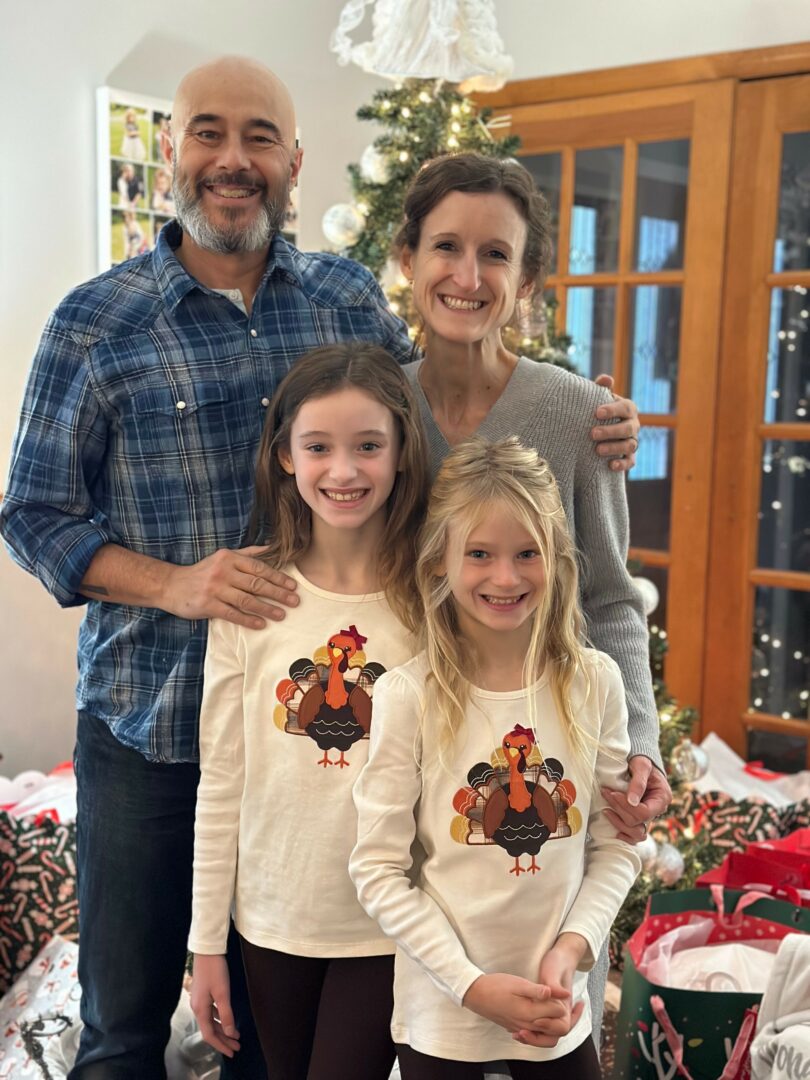
Looking back, what do you think were the three qualities, skills, or areas of knowledge that were most impactful in your journey? What advice do you have for folks who are early in their journey in terms of how they can best develop or improve on these?
Three keys to my journey were simplicity, consistency & trusting the process.
When I look back at the path I’ve taken, from my childhood of constant change and adaptation, to my three decades in healthcare, to mentoring young people and building a business, and even to facing and overcoming stage 4 cancer, there are three qualities that stand out as the foundation of everything:
Simplicity.
Consistency.
Trusting the Process.
These aren’t just ideas for me. They are the very principles that have shaped my success, resilience, and impact.
Simplicity cuts out the noise.
The world is overwhelmingly complex. We’re bombarded with distractions, conflicting advice, and a culture that tells us more is always better, but I’ve found the opposite to be true, the more you simplify, the more you succeed.
This applies to everything for me.
Mindset – Instead of trying to overhaul everything at once, focus on one shift at a time. If I wake up overwhelmed, I ask myself, “What is the one most important thing I can do today?”
Health & Fitness – When I started training with kettlebells, I didn’t try to master every move. I focused on one lift at a time, one rep at a time. Small, simple steps lead to mastery.
Business & Life – If you try to build everything all at once, you end up with nothing truly solid. Simplicity keeps things clear and sustainable.
For those just starting out, focus on the basics. Master them. Let the rest fall away.
Consistency is the compound effect of small wins.
Consistency beats intensity every time.
One day at the gym won’t change your body, but showing up consistently for six months will.
One day of mindful thinking won’t change your mindset, but practicing self-awareness and counting your wins daily will.
One moment of discipline won’t create success, but stacking small disciplines together over time will.
I built my mentorship business, my strength, and my resilience on the power of small, consistent actions.
When I was diagnosed with stage 4 cancer, I didn’t focus on beating it in one giant move. I focused on what I could do each day to move forward. Habits like eating well, staying strong, showing up to treatment, and keeping my mind focused on the fight.
If you want to improve any area of your life, commit to the small, non-negotiable habits that add up over time.
Want to be healthier? Drink more water, walk daily, prioritize protein.
Want to build confidence? Journal, reflect, count your wins.
Want to build a business? Show up every day, even when you don’t feel like it.
Trusting the process for me means having faith over fear.
This is the hardest of the three because it requires patience.
We live in a culture of instant gratification. If something doesn’t work right away, most people quit too soon. Real success in mindset, fitness, business, or personal growth doesn’t happen overnight.
It’s messy.
It’s frustrating.
It’s slow at times.
However, every win, every skill, every transformation comes from sticking with it, even when you don’t see immediate results.
When I started mentoring teens and young adults, I didn’t expect to immediately have a thriving business. I believed in what I was building. I kept showing up, refining my process, and letting momentum build.
When I started training with kettlebells, I didn’t instantly become strong. I trusted the process of daily improvement. Now, despite cancer treatment that suppresses testosterone (which should have made me weaker), I’m stronger than ever because I stayed the course.
For those early in their journey, my advice is this:
Don’t quit because it’s hard. Growth is uncomfortable, and doubt is part of the process.
Detach from immediate results. Focus on the next step, not the finish line.
Have faith in your ability to improve. The process works if you work it.
Final thoughts:
If you can commit to these three things, keeping it simple, staying consistent, and trusting the process, you can overcome any obstacle, build any skill, and achieve what you set out to do.
No matter what challenge you face, no matter how lost you feel, remember you don’t have to have all the answers right now. You just have to keep going.
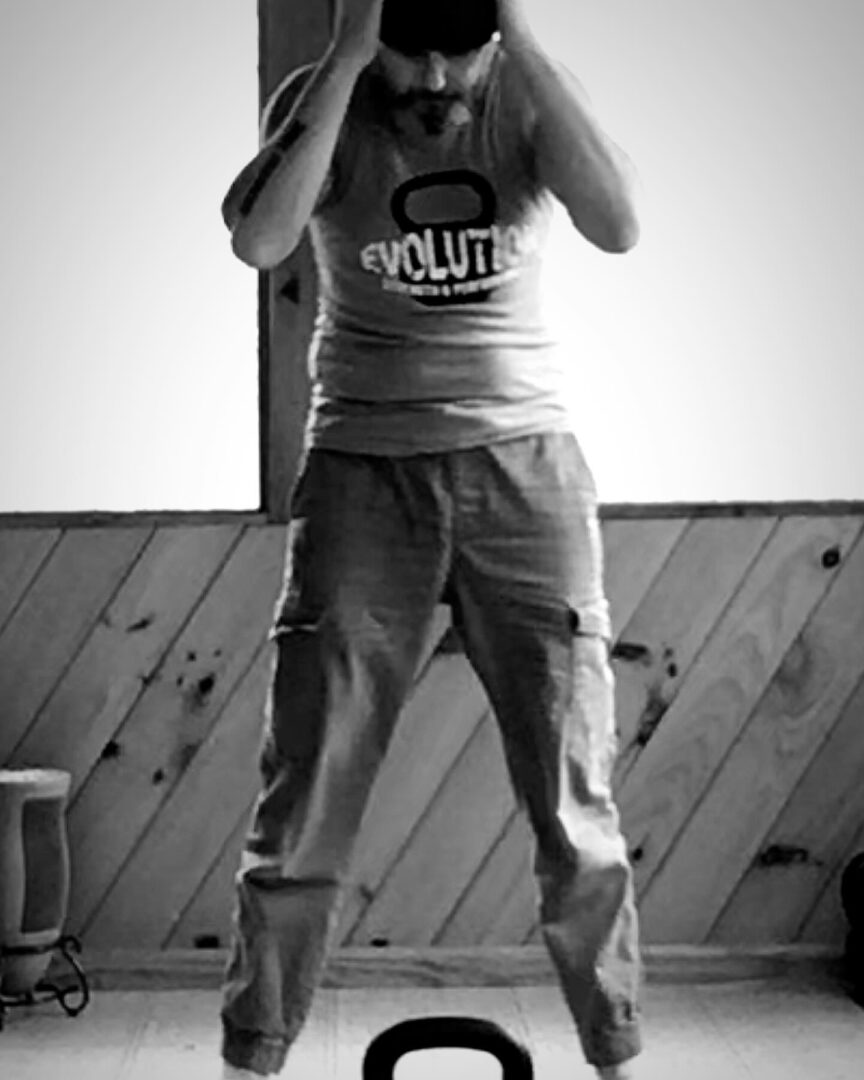
What was the most impactful thing your parents did for you?
The most impactful thing my parents did for me was teaching me my value.
If I had to pinpoint the single most impactful thing my parents did for me, it would be teaching me my value, both directly and indirectly.
That lesson didn’t come in the form of deep conversations or heartfelt speeches. It came through their actions, through the way they lived their lives, and the example they set, even in their imperfections.
For me it is the core virtue of knowing your worth.
In Confucianism, there is a core virtue called “ren”, which speaks to humaneness, love, and the responsibility we have to one another. In Christianity, the idea of intrinsic worth, that we are created with purpose is deeply woven into scripture.
I didn’t understand these philosophies as a child, but looking back, these ideas shaped me in ways I didn’t recognize at the time.
My parents, despite their challenges, gave me one of the greatest gifts a child can receive.
They made me feel that I had something to offer. They taught me that my worth wasn’t tied to status, wealth, or circumstances. They showed me that persistence, hard work, and resilience would always lead to something greater.
And that lesson carried me through every season of my life.
My dad taught me that the concept of “simplicity is strength”.
My father was mostly absent. I saw him on Saturdays, and even those moments were brief, but in those limited interactions, he still managed to give me wisdom that I carry to this day.
His words were always simple, but impactful, “Don’t make things harder than they need to be, and look for the simplest solution first, it’s usually the right one.”
I didn’t realize it at the time, but he was teaching me how to think critically. How to step back, evaluate a situation, and remove unnecessary complications.
That lesson has served me in every aspect of my life.
In my career in healthcare, where simplifying processes helped me serve patients better.
In mentoring teens and young adults, we are breaking things down into simple, actionable steps that make all the difference.
In facing my own challenges, where overcomplicating things only led to stress, but finding clarity in simplicity helped me move forward.
What my mom taught me was the power of persistence.
My mother was the definition of resilience. A single mom, working multiple jobs, moving us from place to place, always finding a way to make things work.
She taught me:
The value of hard work. If you wanted something, you worked for it. No excuses. No shortcuts.
The reward of persistence. She never quit, no matter how hard things got, and that showed me that persistence is what separates those who succeed from those who stop too soon.
The power of responsibility. At eleven years old, I was helping prepare meals. At twelve, I had my first job sweeping parking lots. If something needed to be done, we figured it out.
She didn’t sugarcoat life, and I’m grateful for that.
Because of her, I knew hardship wasn’t something to fear, rather iit was something to overcome.
The bigger lesson for me is “The story you tell yourself is the truth you know”.
The most impactful thing my parents did for me wasn’t giving me an easy life, it was giving me the tools to build a strong one.
Not everyone has parents who model resilience, persistence, or simplicity, but here’s the thing, we can all learn these lessons.
We all have the ability to rewrite the narrative we tell ourselves. To find value in our experiences, even when they were imperfect.
My dad’s absence could have made me feel abandoned. Instead, I chose to see the wisdom he gave me.
My mom’s struggles could have made me bitter. Instead, I chose to see the resilience she instilled in me.
We don’t get to control how we are raised, but we do get to control what we take from it.
So my question for you is this, what story are you telling yourself about your past?
And how can you use it to shape something greater?
Contact Info:
- Instagram: https://www.instagram.com/a_cancer_fit_life?igsh=MW5oOWpnYmc1bGlzMg%3D%3D&utm_source=qr
- Facebook: https://facebook.com/jeff.grogan.165
- Youtube: www.youtube.com@SaratogaYouthMentor
- Other: SaratogaYouthMentor@gmail.com
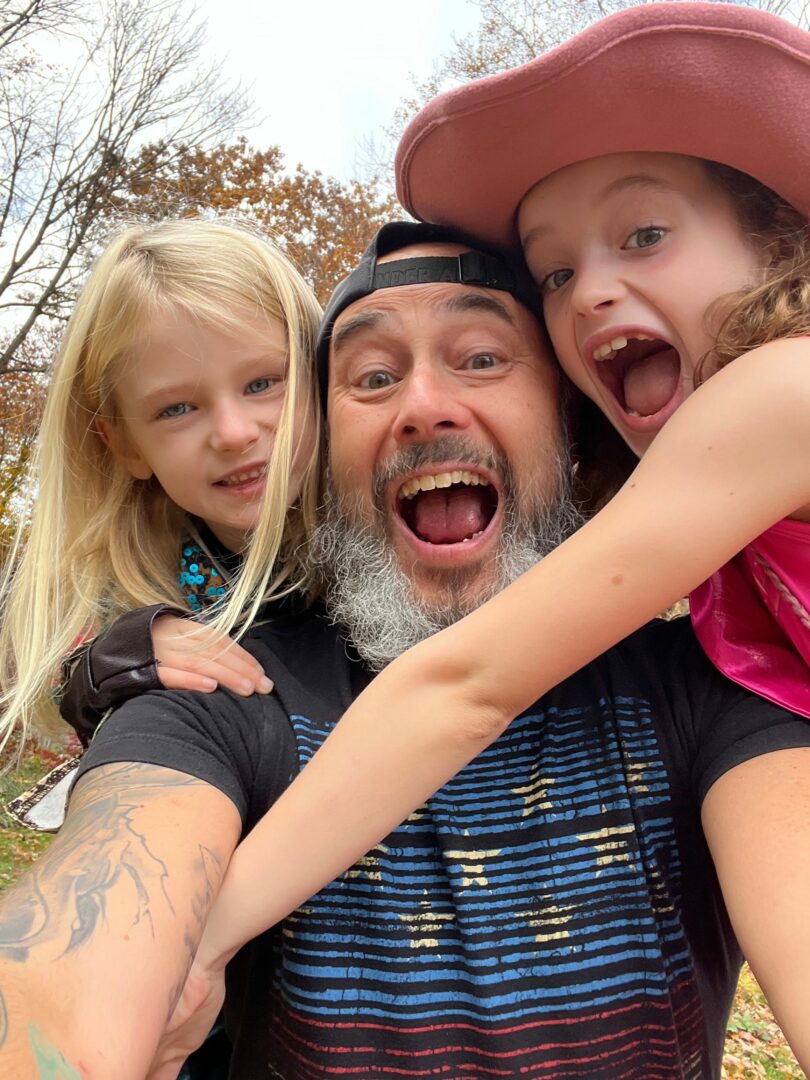
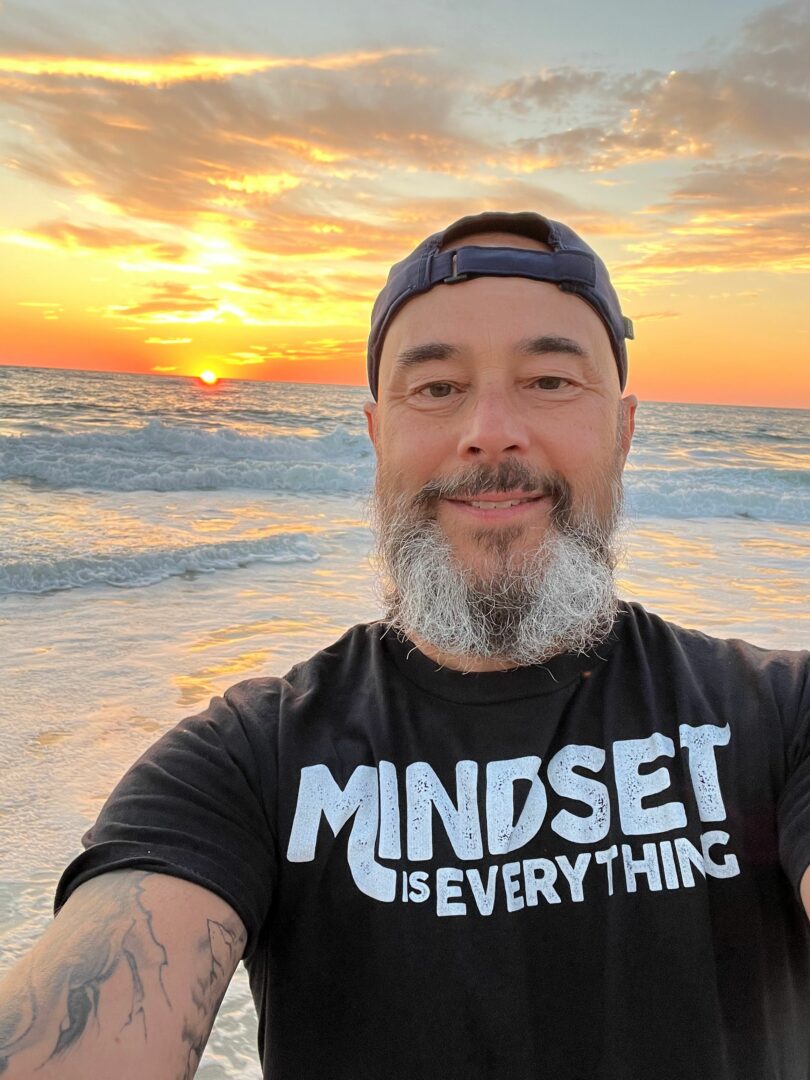
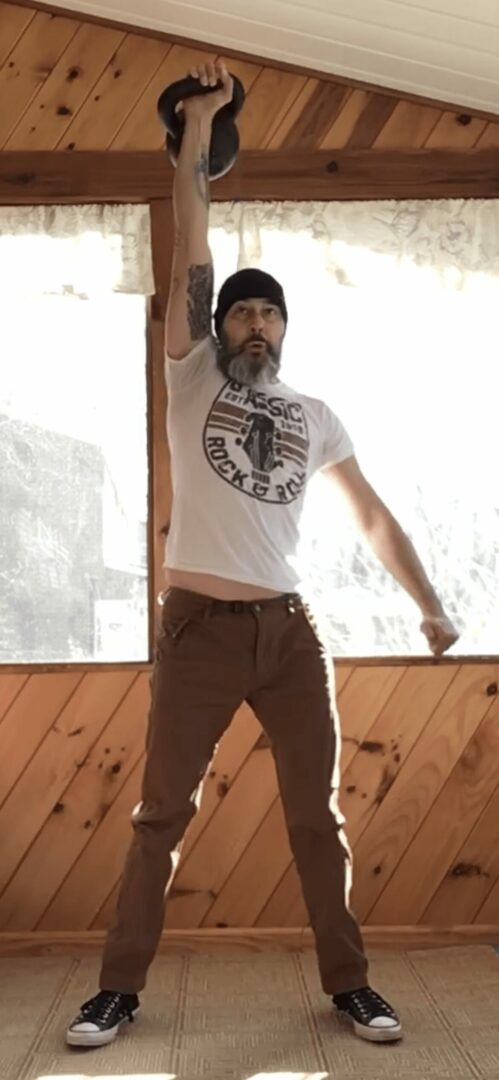
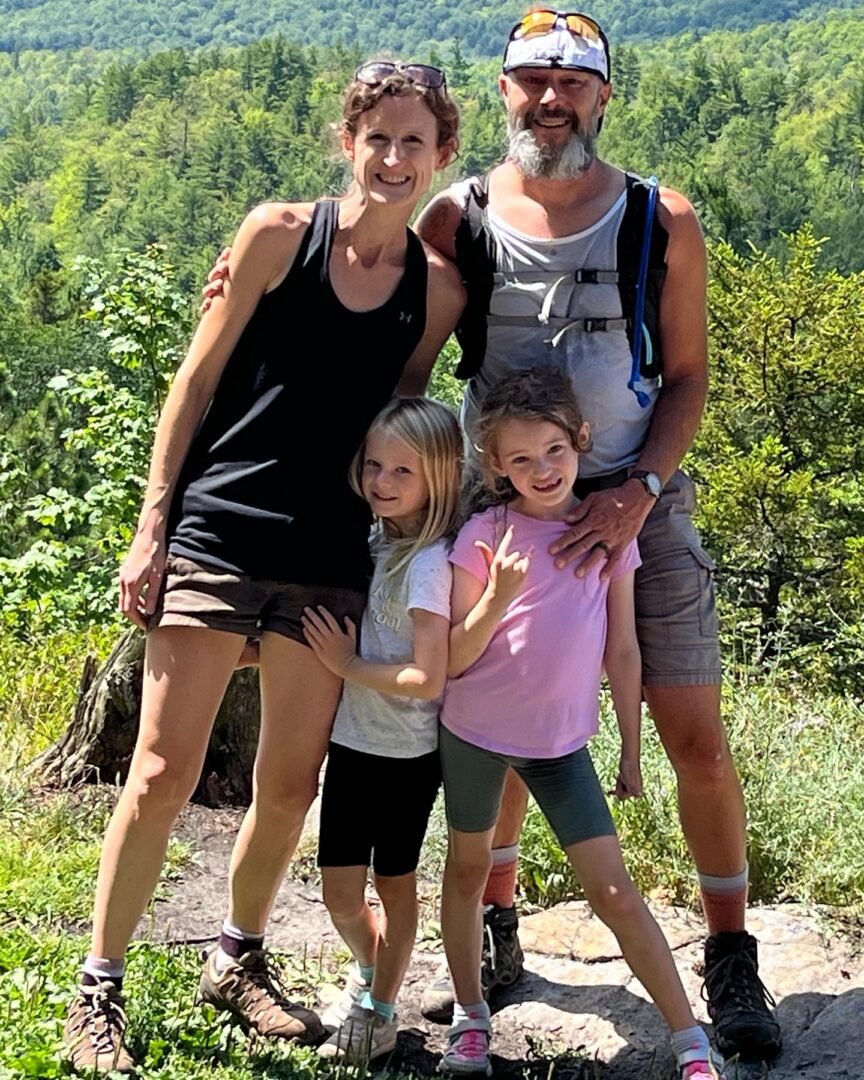
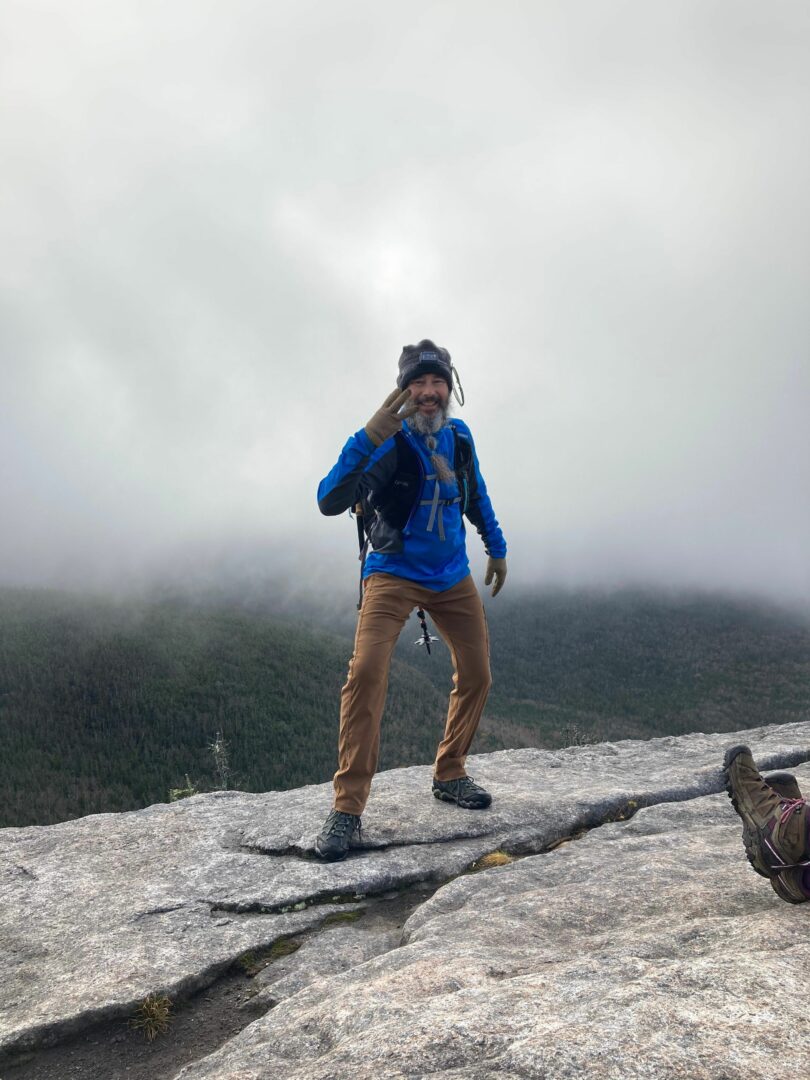
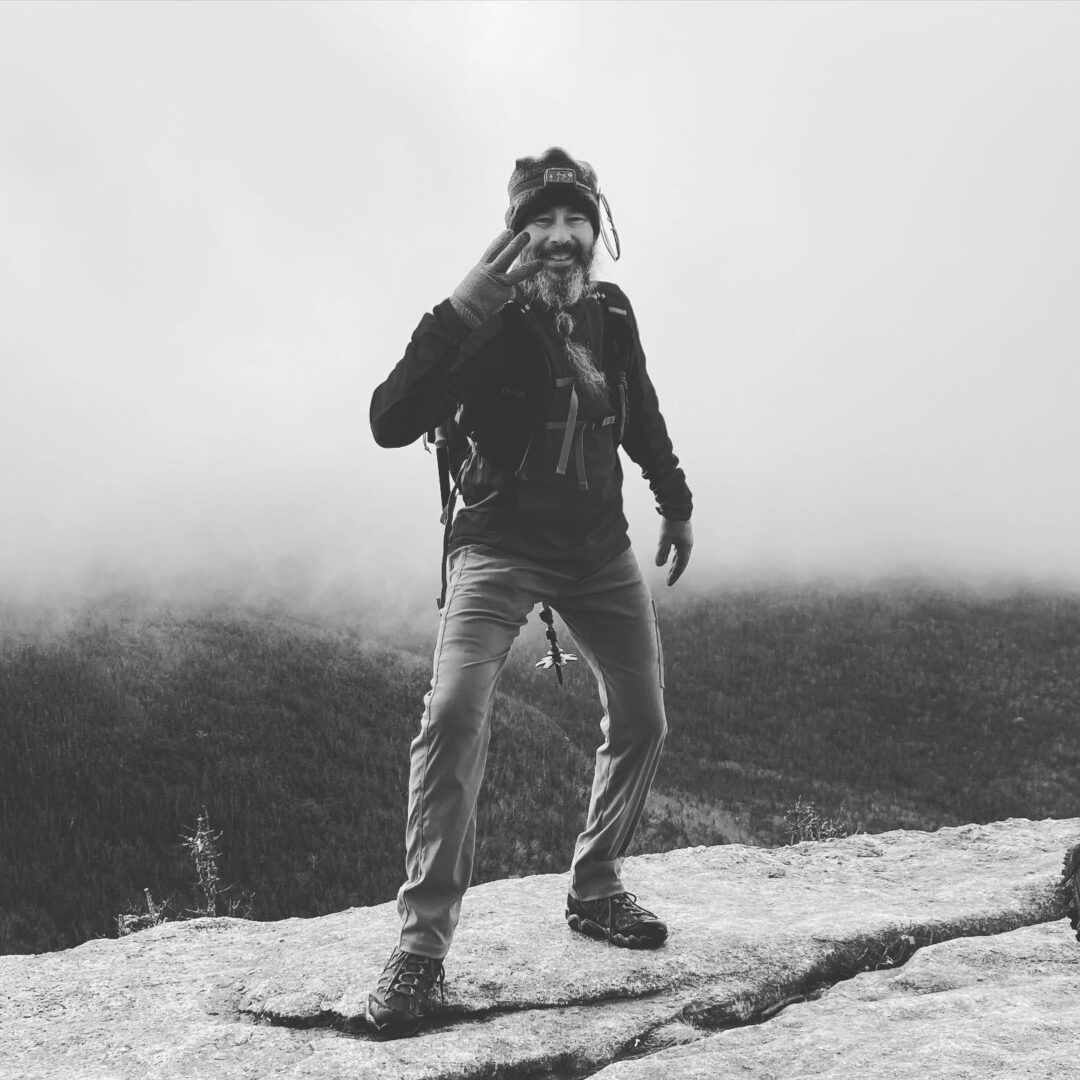
so if you or someone you know deserves recognition please let us know here.

